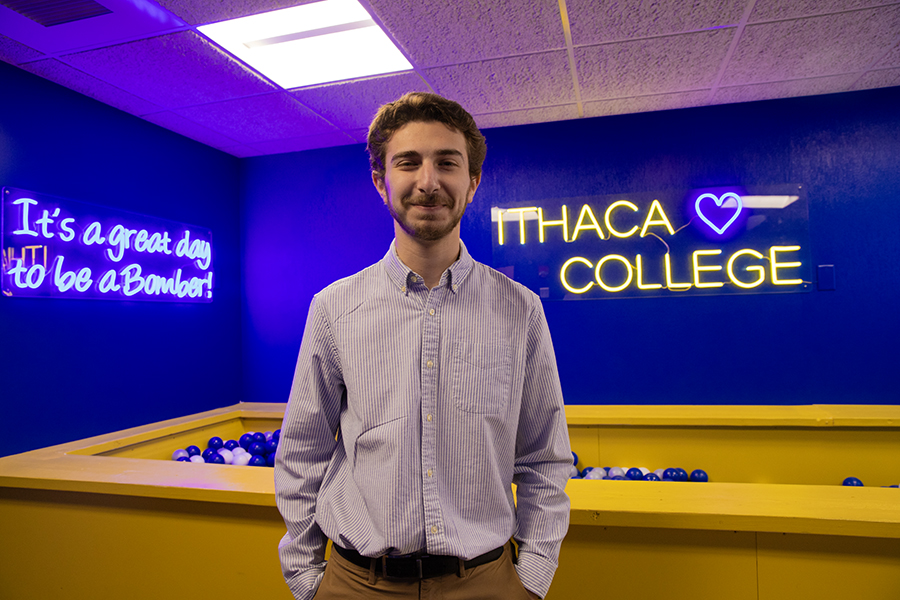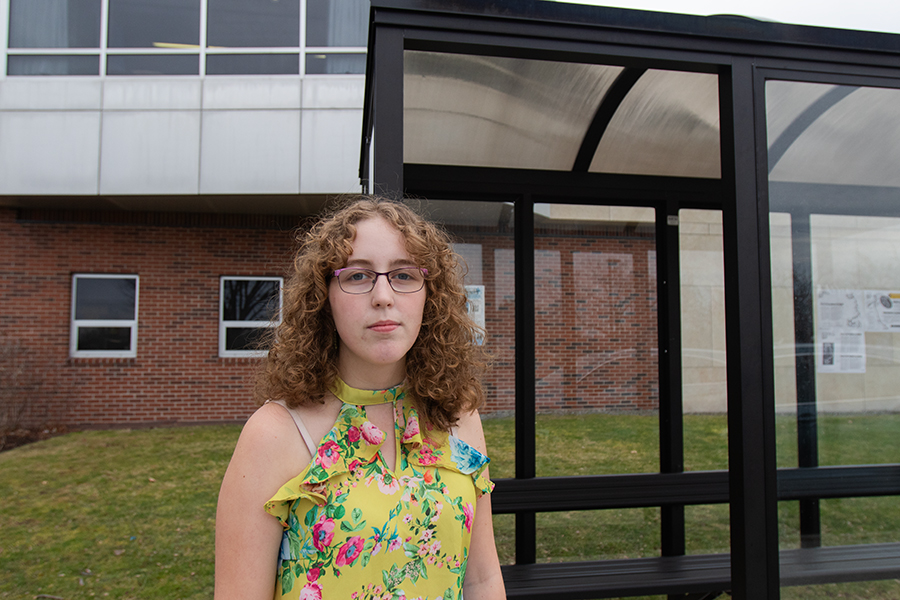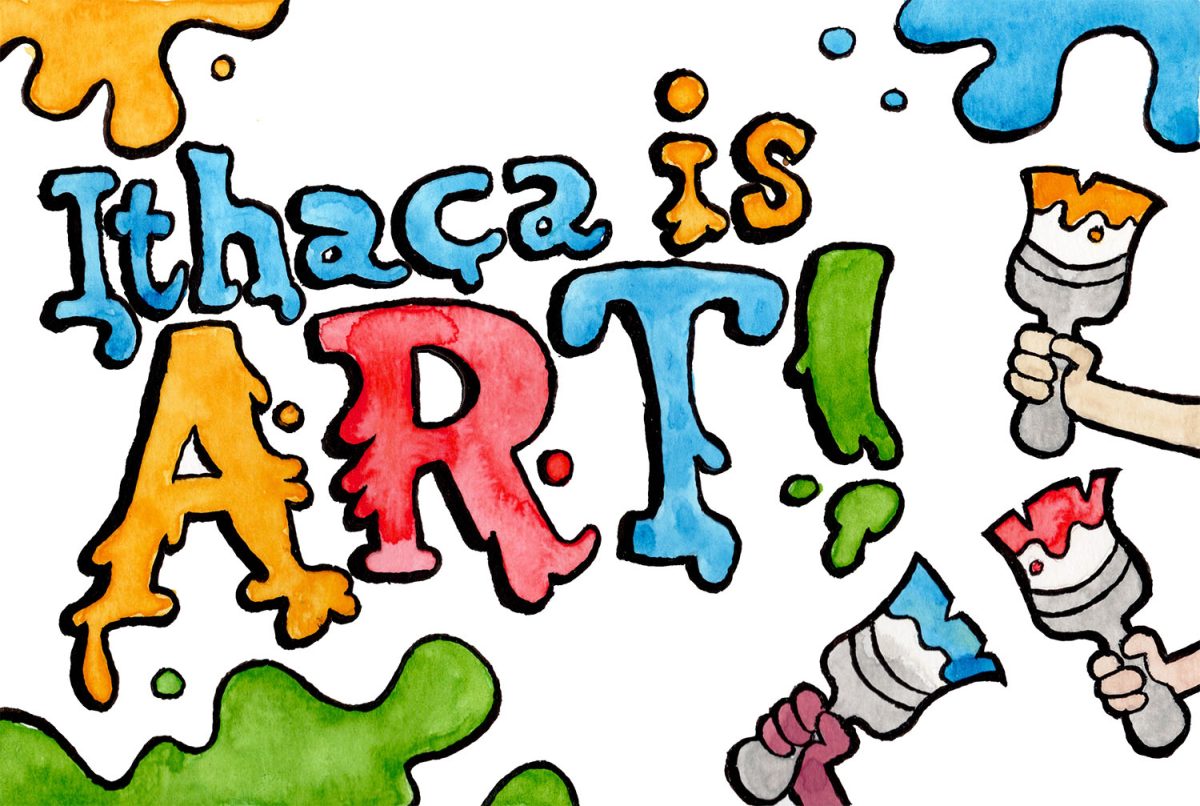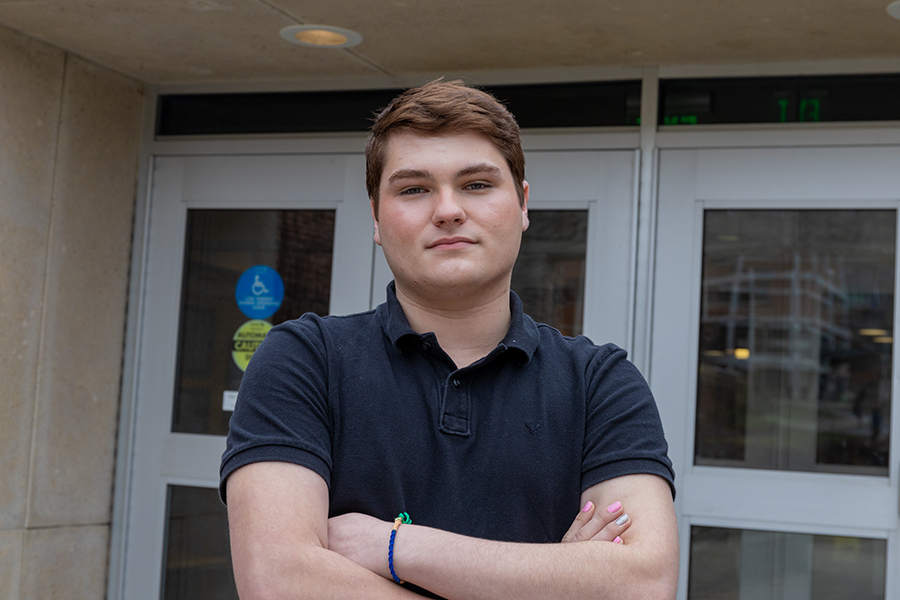I lived in San Francisco’s Castro District in the 1980s when AIDS was devastating the community and killing my friends. Robin Williams also lived in The Castro at that time. He responded to the crisis of the pandemic by doing whatever he needed to do to raise money and awareness for local HIV/AIDS agencies and to speak openly about a taboo topic. Robin Williams was a compassionate man who was generous with his time, talent and money.
Although it was common knowledge that Williams struggled with mental illness and addiction, it was deeply shocking to hear of his death by suicide on Aug. 11. In a 2006 interview with Terry Gross on the “Fresh Air” NPR radio show, he admitted having bouts of deep depression, although he denied having clinical depression or bipolar disorder. “Do I perform sometimes in a manic style? Yes,” Williams told Gross. “Am I manic all the time? No. Do I get sad? Oh yeah. Does it hit me hard? Oh yeah.”
Suicide, like AIDS, is still a taboo subject. People who live with secret thoughts of suicide are very cautious about when, where and to whom they can express these thoughts. They are afraid of being ridiculed and ostracized, losing their jobs or being institutionalized. The suicide of a famous and well-liked person brings the topic to the forefront. The tragedy creates a demand for discussion and the opportunity for education and dispelling myths.
Almost immediately after the news of Williams’ death, we witnessed the usual bizarre social media frenzy and sometimes sensational, uninformed and callous news reporting. We know that inappropriate messages about suicide deaths can trigger others to attempt suicide. But we also saw the power of the Internet to provide positive, compassionate and informed messages about suicide and mental illness. The number for the National Suicide Prevention Lifeline, 1-800-273-8255 (TALK), was posted on mental health sites, as well as on personal pages. People felt inspired to share, on their own blogs and social media accounts, vulnerable, often raw, personal stories about their struggles with suicide, suicide-caused grief and mental illness.
Since Aug. 11, the Suicide Prevention and Crisis Services has received an unprecedented number of calls and instant message chats from people affected by the news. Callers have expressed their despair at having someone like Williams, who was rich and famous and could access the best mental health care, take his life. Callers plead, “What hope is there for someone like me with no money, no insurance and no one who cares?” Others sobbed as they grieved for the friend, lover, brother, sister, child, or parent lost to suicide. Many were reaching out for the first time to tell someone about their pain and hopelessness. Parents reached out, worried about their children who were struggling with mental health challenges.
We do this work with the invaluable help of trained, volunteer crisis counselors. We offer a 47-hour training program to people who want to help. Please consider joining our team. Call the office at 607-272-1505, or email [email protected].
If you need someone to speak with, someone who will listen, you do not need to be having thoughts of suicide to call us at 1-800-273-8255 (TALK) or locally at 607-272-1616. You can also log on to The Chat, Mon-Fri, 6–9 p.m. at www.ithacacrisis.org.












